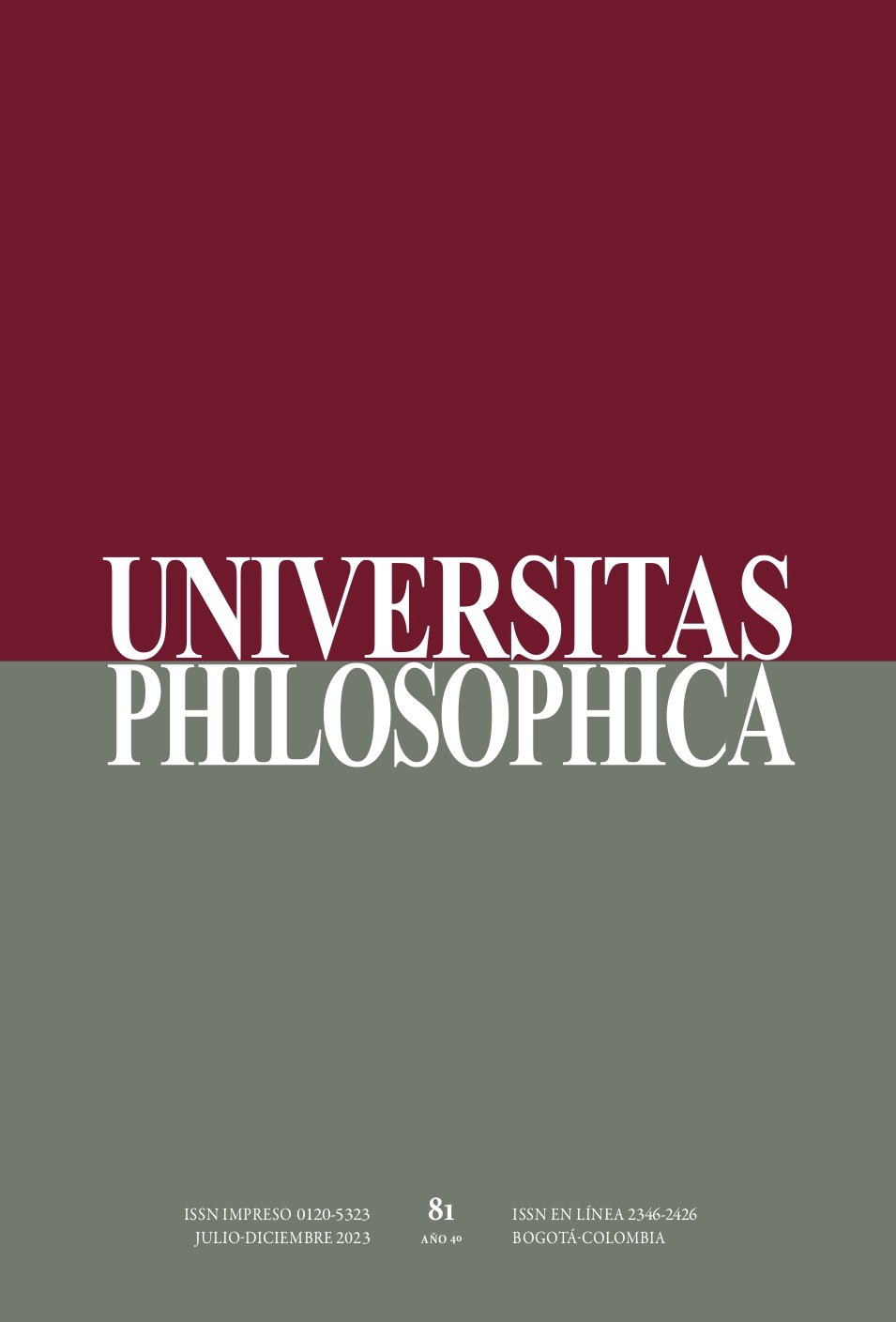Abstract
The relationship between Plato and the poets has sparked many reflections throughout the history of philosophy. One of the privileged dialogues for understanding this relationship has been the "Phaedrus," as beauty, writing, and language are domains in which philosophy and poetry converge. It's not surprising, then, that there are several references to poets from the epic and lyric tradition, such as Homer, Stesichorus, and Sappho. We will argue here that this reference to Sappho in the "Phaedrus," unique in the entire Platonic corpus, implies a commitment to the feminine poetic and erotic tradition, an understanding of it as a proto-philosophical stage, and the recognition of Sappho's influence on Plato's conception of eros. In this way, not only does it broaden the consideration of the relationship between Plato and the poets, but it also includes a perspective that has not been sufficiently addressed—namely, the feminine contribution to Platonic thought.

This work is licensed under a Creative Commons Attribution 4.0 International License.
Copyright (c) 2023 Biviana Unger


